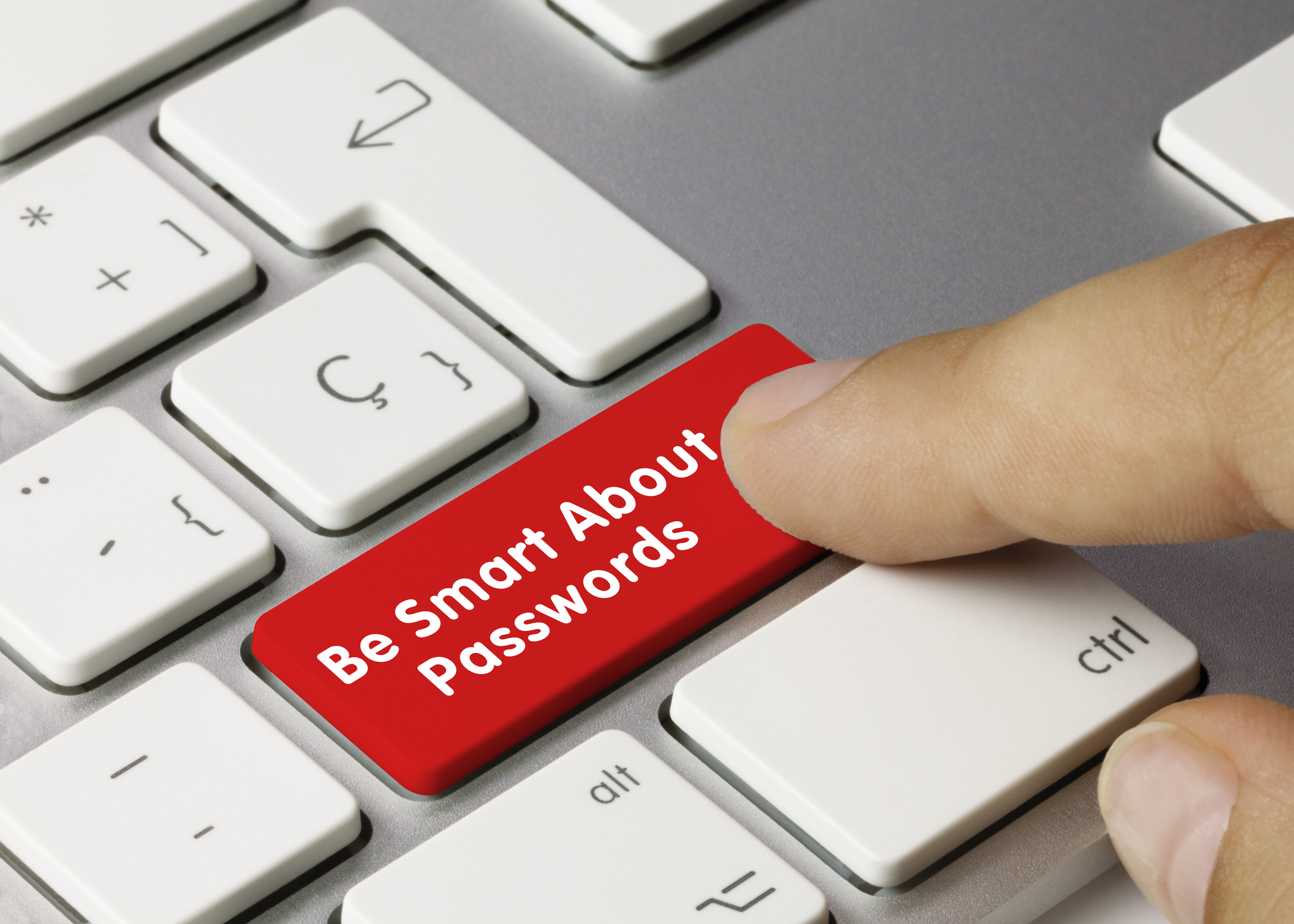It’s never a good idea to email passwords, whether it’s your own personal password or a password that you’re sharing with someone else.
Here are a few reasons why:
- Security risk: When you send a password via email, you’re potentially exposing it to anyone who has access to the email account. This includes hackers who may be able to intercept the email and steal the password.
- Inconvenience: If you need to share a password with someone, it can be inconvenient to send it via email. For example, you may need to send the password to multiple people, or you may need to send it to someone who doesn’t have an email account.
- Lack of control: Once you send a password via email, you have no control over who sees it or what they do with it. The recipient could forward the email to someone else, or they could write down the password and leave it in a place where anyone could see it.
A better option for sharing passwords is to use a service like privnote.com. This service allows you to create a secure, encrypted note that you can share with others. The recipient will be able to view the note, but they won’t be able to copy or save it. This means that you have more control over who sees the password and how it’s used.
Other options besides emailing passwords:
- Password manager: A password manager is a tool that stores your passwords in a secure, encrypted manner. You can then access your passwords from any device by logging in with a single master password. This is a convenient and secure way to store and access your passwords, and it eliminates the need to share them via email or any other means.
- Secure messaging apps: There are many messaging apps that offer end-to-end encryption, which means that the messages are secure and cannot be intercepted by anyone other than the intended recipient. This makes it a safer option for sharing passwords than email, which is often not encrypted.
- In-person communication: Sometimes, the most secure way to share a password is to do it in person. For example, you could write the password down on a piece of paper and give it to the person you want to share it with, or you could simply tell them the password in person. This eliminates the risk of the password being intercepted or stolen while in transit.
In conclusion, emailing passwords is a bad idea because it’s insecure and lacks control. Instead, you should consider using a password manager, a secure messaging app, or in-person communication to share passwords. These alternatives offer better security and more control over who has access to the password.
More from Stedman Solutions:

Steve and the team at Stedman Solutions are here for all your SQL Server needs.
Contact us today for your free 30 minute consultation..
We are ready to help!
